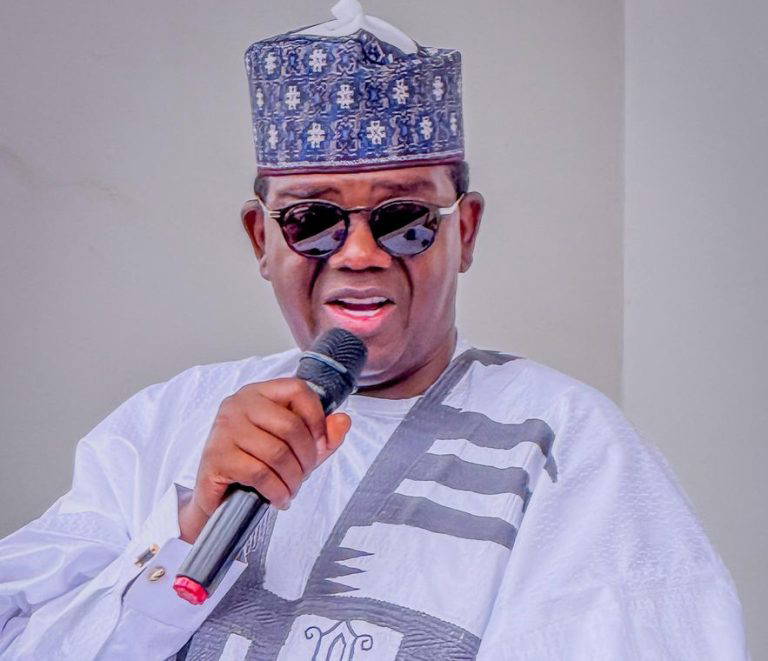Sex education is an important component of a well-rounded education because it teaches people about their bodies, sexual health, and the physical and emotional changes that occur during puberty.Sexuality, relationships, contraception, and reproductive health information is presented thoroughly and age-appropriately. Despite its importance, sex education remains contentious in many countries.
The value of sexual education cannot be overstated. It equips people with information about their bodies, allowing them to make informed decisions about their sexual and reproductive health. This knowledge aids in the prevention of unwanted pregnancies, sexually transmitted infections (STIs), and sexual violence. Sex education also provides a safe and supportive environment for young people to ask questions and seek advice on sensitive sexuality and relationship topics.
Furthermore, it promotes the development of interpersonal and communication skills by teaching people how to set and maintain healthy boundaries, respect those of others, and understand the significance of consent.
Sexual education programmes can teach people how to negotiate consent in a respectful and constructive way, express their boundaries and desires successfully, and actively listen to others. It addresses power dynamics that may influence one’s ability to grant or obtain consent. Educators could, for example, discuss how age, gender, and social status influence a person’s ability to refuse sexual activity.
These programmes can also address coercion and sexual assault, which is especially important for people who have experienced or are at risk of experiencing sexual violence. These people can be taught to recognise non-consensual behaviour and how to respond if they or someone they know is sexually assaulted.
These skills are essential for making positive connections, preventing sexual assault, and promoting mental health.
Through sexual education, gender equality is promoted and harmful gender stereotypes are challenged. It promotes diversity and challenges harmful stereotypes about women, LGBT+ people, and people with disabilities. It also helps to prevent discrimination and violence against women, both of which are prevalent in many societies.
Depending on cultural, religious, and social norms, different approaches to implementing sex education exist. Comprehensive, evidence-based, and age-appropriate sex education programmes are the most effective. They should provide accurate sexuality and relationship information, teach practical skills, and address social and cultural factors that influence sexual behaviour. The content should be age-appropriate and delivered by trained educators who are sensitive to the needs of the learners.
One of the most significant barriers to implementing sex education is opposition from some parents, religious groups, and conservative politicians who believe that sex education encourages promiscuity and undermines traditional values. These groups believe that sex education should be left to parents and families rather than being taught in schools. The problem with this strategy is that not all parents are comfortable discussing sexuality with their children, and some may be unaware of the facts.
Another issue is a lack of political support for funding and implementing extensive sex education programmes. Many governments are hesitant to fund sex education initiatives, and some outright prohibit them.
Curriculum development, teacher training, educational materials, and classroom resources are all required for sex education programmes. Without adequate funding, sex education programmes may be unable to deliver accurate and age-appropriate content. Due to a lack of funding, students may receive insufficient sex education, resulting in misinformation, confusion, and a lack of knowledge.
This lack of political will perpetuates harmful myths and misinformation about sexuality and relationships, which can have serious ramifications for individuals and societies.
A well-rounded education that promotes sexual and reproductive health, healthy relationships, and gender equality must include sex education. It is an important tool for preventing unintended pregnancies, STIs, and sexual violence, and it provides individuals with the knowledge and skills they need to make informed decisions about their sexual health. Despite the difficulties associated with implementing comprehensive sex education programmes, governments, educators, and civil society must collaborate to ensure that every individual has access to accurate and age-appropriate sex education.
References:
- https://www.linkedin.com/pulse/sex-education-india-need-vs-taboo-shikha-agnihotri
- https://www.plannedparenthood.org/learn/for-educators/what-sex-education#:~:text=Sex%20education%20is%20high%20quality,manage%20one’s%20own%20sexual%20health.https://healththink.org/sex-education-a-step-in-the-right-direction/amp/https://www.cdc.gov/healthyyouth/whatworks/what-works-sexual-health-education.htm




